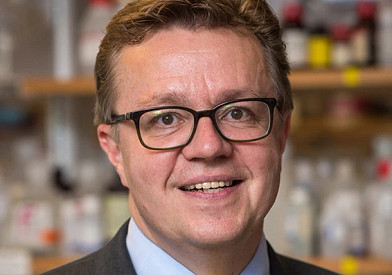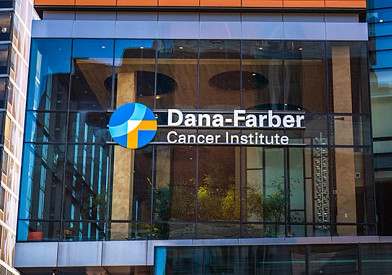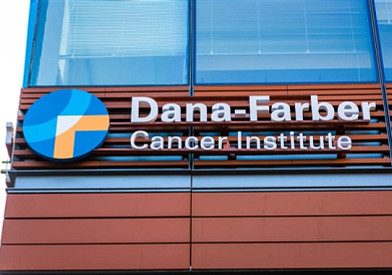
Pasi A. Jänne, MD, PhD
Contact Information
Office Phone Number
Fax
Appointments
On This Page
Biography
Pasi A. Jänne, MD, PhD
Dr. Jänne received his MD and PhD from the University of Pennsylvania in 1996. He completed postgraduate training in internal medicine at Brigham and Women's Hospital and in medical oncology at DFCI in 2001. He is the director of the Lowe Center for Thoracic Oncology and the Scientific Director of the Belfer Center for Applied Cancer Science. His main research interests include studying the therapeutic relevance of oncogenic alterations in lung cancer. He was one of the co-discoverers of epidermal growth factor receptor (EGFR) mutations and has led the development of therapeutic strategies for patients with EGFR mutant lung cancer.
Researcher
Physician
Centers/Programs
Clinical Interests
Epidermal growth factor receptor targeted therapies, Lung cancer, Targeted therapies, Translational medicine
Diseases Treated
Board Certification
- Internal Medicine, 1999
- Medical Oncology, 2001
Fellowship
- Dana-Farber/Partners CancerCare, Hematology & Oncology
Residency
- Brigham and Women's Hospital, Internal Medicine
Medical School
- University of Pennsylvania School of Medicine
Recent Awards
- Fondation ARC Léopold Griffuel Prize in translational and clinical research 2022
- Outstanding Investigator Award; National Cancer Institute (NCI) 2018
- Translational Research Award; European Society for Medical Oncology (ESMO) 2018
- Waun Ki Hong Award for Outstanding Achievement in Translational and Clinical Research; American Association for Cancer Research (AACR) 2018
-
Research Excellence Award; Uniting Against Lung Cancer
2010
-
Richard and Hinda Rosenthal Memorial Award; American Association for Cancer Research
2010
-
Team Science Award; American Association for Cancer Research
2010
-
Hope Now Award for Lung Cancer Research; Joan’s Legacy: The Joan Scarangello Foundation to Conquer Lung Cancer
2007
-
George P. Canellos Award for Excellence in Clinical Investigation and Patient Care; Dana Farber Cancer Institute
2005
-
Tisch Family Award for Outstanding Achievement in Clinical Investigation; Dana Farber Cancer Institute
2004
- Merit Award, American Society of Clinical Oncology 2001
Research
Research Website
http://jannelab.dfci.harvard.edu/Locations

Dana-Farber Cancer Institute
450 Brookline Avenue Boston, MA 02215Dana-Farber Cancer Institute





70ff.jpg)
308a.jpg)
4fa8.jpg)